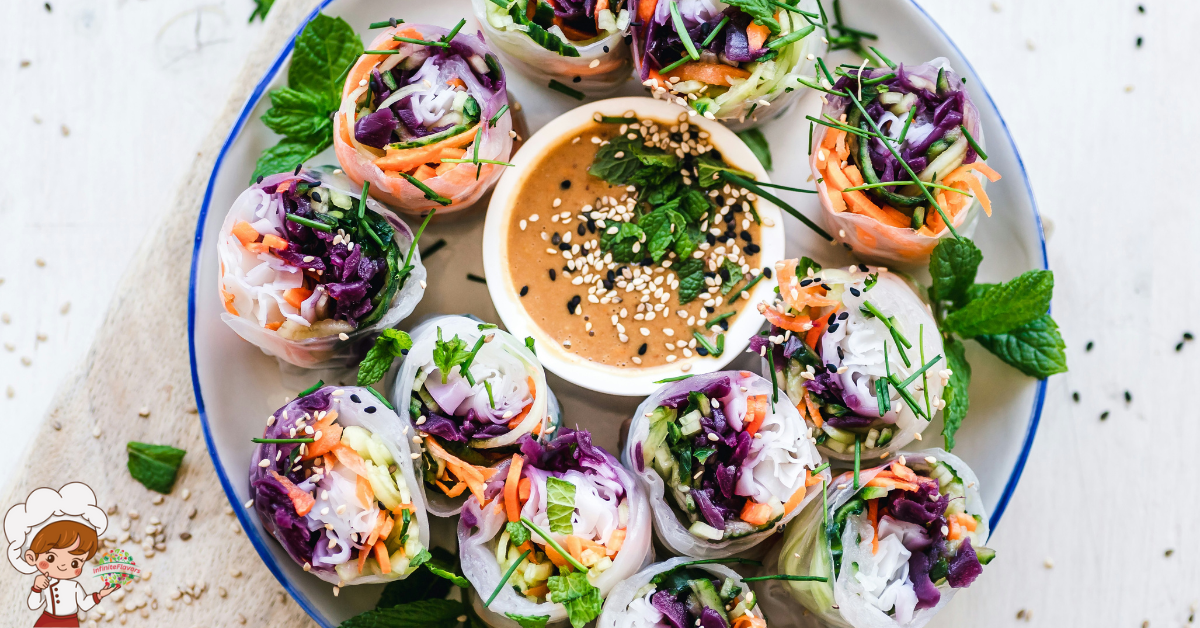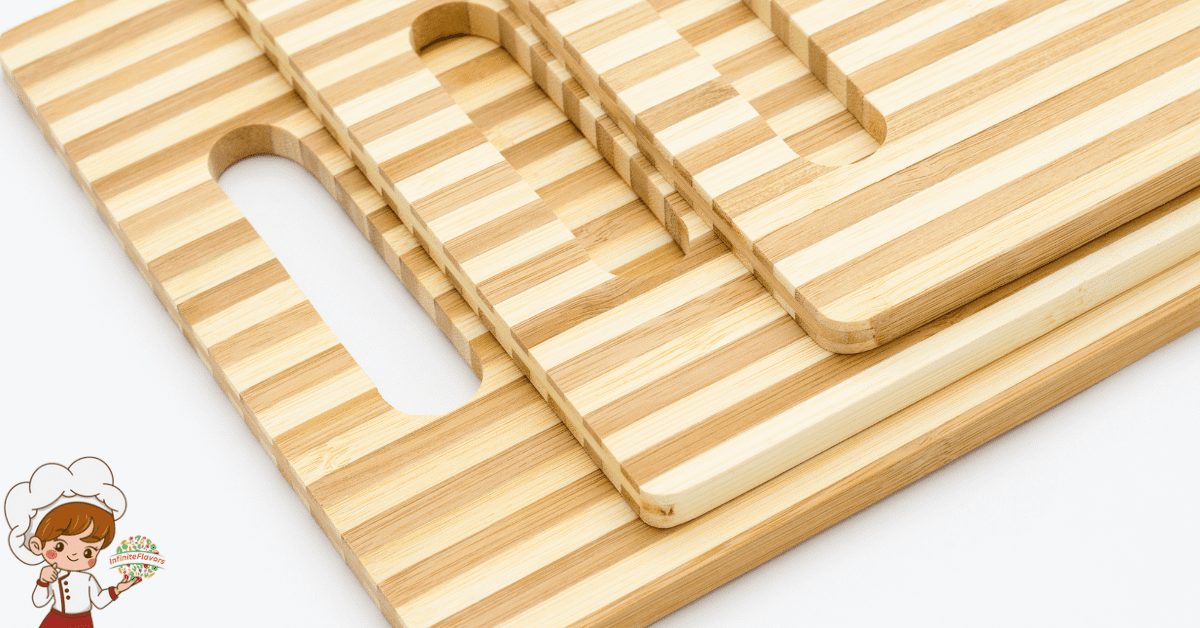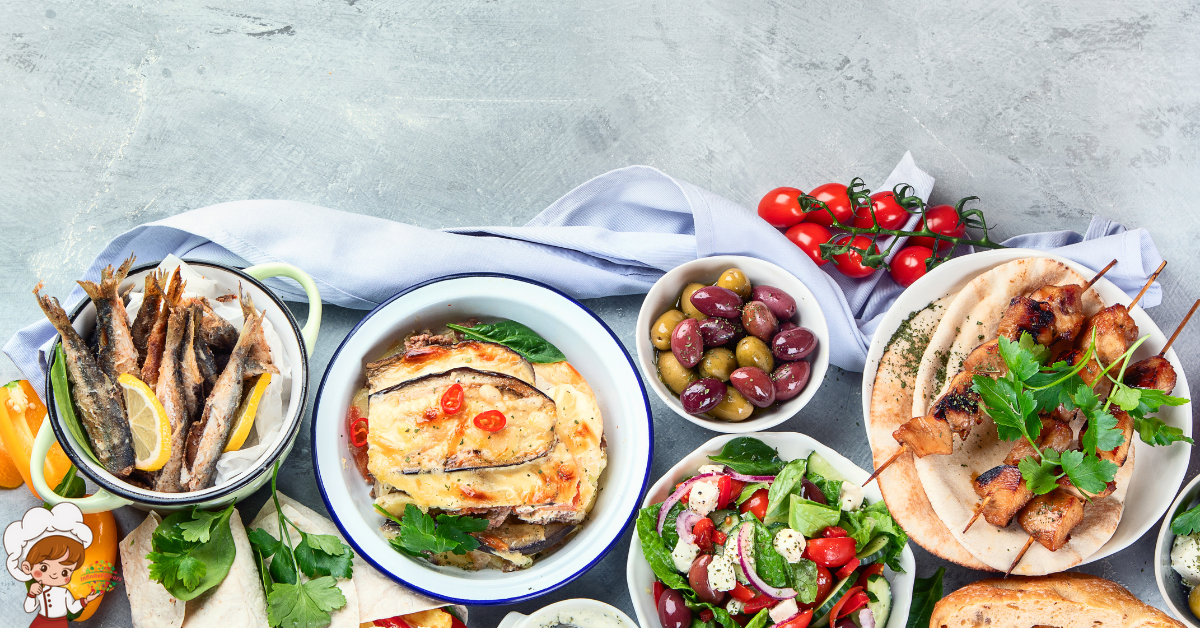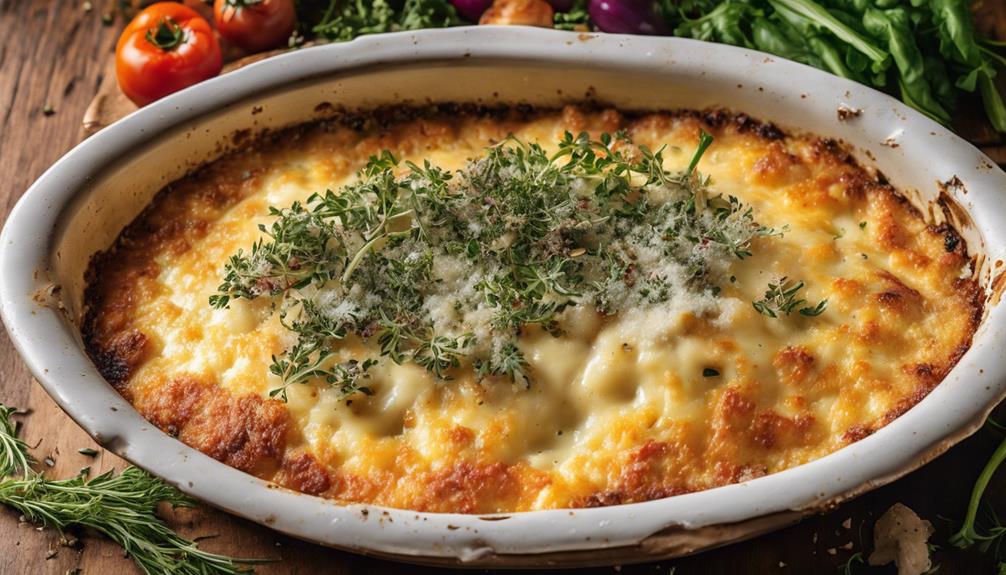Explore An Exciting Grocery List for Ketogenic Diet Principles

Grocery List for Ketogenic Diet; They say, “You are what you eat.” And if you’re looking to adopt the principles of a ketogenic diet, what you put on your grocery list plays a pivotal role in achieving your health goals. With the right selection of foods, you can fuel your body with the nutrients it needs while embracing a low-carb and high-fat lifestyle. But where do you start? In this discussion, we’ll guide you through the essential items to add to your grocery list for a successful ketogenic journey. From meat and poultry to snacks and treats, we’ll cover it all, leaving you eager to discover the secrets of a well-stocked ketogenic pantry.
Meat and Poultry
When following a ketogenic diet, incorporating a variety of meat and poultry into your grocery list is essential for maintaining a high-fat, low-carb eating plan. Meat and poultry are excellent sources of protein and healthy fats, which are integral to the ketogenic diet. However, it is important to pay attention to the sourcing of your meat to ensure it aligns with the principles of the diet.
When it comes to meat sourcing, opt for grass-fed and organic options whenever possible. Grass-fed meat contains higher levels of beneficial omega-3 fatty acids and is generally leaner than conventionally raised meat. Organic meat is free from antibiotics and hormones, which can disrupt your body’s natural balance.
In terms of cooking techniques, there are several methods that work well for meat and poultry on a ketogenic diet. Grilling is a popular choice as it allows excess fat to drip away, resulting in a leaner final product. Baking or roasting is another great option that helps retain the natural flavors of the meat. You can also try pan-searing or stir-frying, which require minimal added fats.
To maximize the flavor of your meat and poultry, consider using spices and herbs to season them. This not only adds taste but also reduces the need for high-carb marinades or sauces. Some excellent choices include garlic, paprika, cumin, rosemary, and thyme.
Seafood
To ensure a well-rounded ketogenic diet, incorporating seafood into your grocery list is crucial for its high-fat, low-carb nutritional profile. Seafood is rich in various nutrients and can provide numerous health benefits. Not only is it a great source of protein, but it also contains omega-3 fatty acids, which have been associated with improved heart health and reduced inflammation.
When it comes to seafood options for your ketogenic diet, there are plenty to choose from. Fatty fish like salmon, mackerel, and sardines are excellent choices as they are high in healthy fats and low in carbohydrates. These fish are also packed with vitamin D and B vitamins, which are essential for overall health and energy production.
Shellfish like shrimp, crab, and lobster are also keto-friendly options. They are low in carbohydrates and contain a good amount of protein. Additionally, shellfish are rich in minerals like zinc, selenium, and copper, which are important for immune function and overall well-being.
Incorporating seafood into your ketogenic diet can be done in various ways. Grilling or baking fish fillets with a drizzle of olive oil and some herbs and spices is a simple and delicious option. You can also try making seafood salads, like shrimp or crab salad, using keto-friendly ingredients like mayonnaise and avocado.
Eggs
Incorporating eggs into your ketogenic diet can provide a versatile and nutrient-dense source of protein and healthy fats. Eggs are not only a great protein source, but they are also incredibly versatile, making them a staple ingredient in many keto-friendly recipes. Here are three reasons why eggs should be on your grocery list:
- Protein-packed: Eggs are an excellent source of high-quality protein, containing all the essential amino acids your body needs. Protein is essential for building and repairing tissues, as well as supporting muscle growth. Including eggs in your ketogenic diet ensures you meet your protein requirements while keeping your carb intake low.
- Healthy fats: Contrary to popular belief, the yolks of eggs are not harmful but rather a valuable source of healthy fats. These fats, such as omega-3 fatty acids, are beneficial for heart health and brain function. They also help keep you feeling satisfied and full, making them an excellent addition to your keto meals.
- Versatility in recipes: Eggs can be used in a variety of ways in your ketogenic diet. From omelettes and frittatas to egg muffins and quiches, the possibilities are endless. Eggs can also be used as a binding agent in low-carb baked goods or as a coating for meats and vegetables before frying. Their versatility ensures that you won’t get bored with your keto meals.
Dairy Products
Including dairy products in your ketogenic diet can provide a rich source of nutrients and add variety to your meals. However, if you are lactose intolerant or looking for dairy alternatives, there are still options available to you.
For those who are lactose intolerant, dairy products can be difficult to digest due to the inability to break down lactose, a sugar found in milk. This can lead to digestive discomfort such as bloating, gas, and diarrhea. Fortunately, there are lactose-free alternatives available such as lactose-free milk, yogurt, and cheese. These products have the lactose removed, making them easier to digest while still providing the benefits of dairy.
If you prefer to avoid dairy altogether, there are numerous dairy alternatives that can still fit into a ketogenic diet. Some popular options include almond milk, coconut milk, and cashew cheese. These alternatives are typically lower in carbohydrates and higher in healthy fats compared to traditional dairy products. Just be sure to choose unsweetened versions to avoid added sugars.
When incorporating dairy products into your ketogenic diet, it’s important to choose full-fat options. Full-fat dairy products contain more beneficial nutrients and are lower in carbohydrates compared to their low-fat or fat-free counterparts. Examples of full-fat dairy products to include in your grocery list are whole milk, full-fat yogurt, and cream.
Low-carb Vegetables
If you’re looking to add more variety and nutrition to your ketogenic diet, low-carb vegetables are a great option to consider. These vegetables are not only low in carbohydrates but also packed with essential nutrients. Here are three low-carb vegetable options that you can include in your diet:
- Spinach: Spinach is a versatile leafy green that is extremely low in carbs. It is also rich in vitamins A, C, and K, as well as iron and calcium. You can enjoy spinach in salads, sautéed with garlic and olive oil, or added to omelets and smoothies.
- Broccoli: Broccoli is another excellent low-carb vegetable that is high in fiber and contains important vitamins and minerals. It is particularly rich in vitamin C and folate. You can steam or roast broccoli, or even use it as a base for a low-carb stir-fry.
- Zucchini: Zucchini is a summer squash that is low in carbs and high in water content. It is a great substitute for higher carb vegetables like potatoes or pasta. You can spiralize zucchini to make low-carb “noodles,” or simply slice and sauté it as a side dish.
Incorporating these low-carb vegetables into your ketogenic diet can provide you with a wide range of nutritional benefits. They are not only low in carbohydrates, but they also offer vitamins, minerals, and fiber that are essential for overall health. Try out different low-carb vegetable recipes to keep your meals interesting and enjoyable while staying on track with your ketogenic lifestyle.
Healthy Fats and Oils
To maintain a healthy ketogenic diet, it is important to include a variety of healthy fats and oils in your meals. While the ketogenic diet emphasizes a low-carb and high-fat approach, not all fats are created equal. It’s crucial to choose healthy fats and oils to support your overall health and well-being.
One of the healthiest fats you can consume is extra virgin olive oil. Packed with monounsaturated fats and antioxidants, it has been linked to numerous health benefits, including improved heart health and reduced inflammation. Avocado oil is another excellent choice, rich in monounsaturated fats and vitamin E. Its high smoke point makes it suitable for cooking at higher temperatures, such as sautéing or stir-frying.
Coconut oil is a popular choice for keto dieters due to its high content of medium-chain triglycerides (MCTs). MCTs are easily converted into ketones, which can be used as an energy source for your body and brain. Ghee, or clarified butter, is another option that is rich in healthy fats and has a nutty flavor. It is a great choice for cooking, as it has a high smoke point and adds a delicious taste to your dishes.
When it comes to cooking techniques, try to incorporate healthy fats and oils into your meals in different ways. You can drizzle olive oil over salads, use avocado oil for grilling or roasting, and add coconut oil or ghee to your coffee or tea for a creamy and satisfying beverage.
Nuts and Seeds
When following a ketogenic diet, including nuts and seeds in your grocery list can provide numerous benefits. Not only are they packed with healthy fats, protein, and fiber, but they also offer a wide range of vitamins and minerals. When it comes to nuts, some of the best choices include almonds, walnuts, and macadamia nuts, while for seeds, options like chia seeds, flaxseeds, and pumpkin seeds are great additions. Remember to opt for unsalted and raw varieties whenever possible to maximize their nutritional value.
Benefits of Nuts
Nuts and seeds offer a wide range of health benefits that can greatly enhance your ketogenic diet. These nutrient-packed snacks are not only delicious but also provide numerous nutritional advantages. Here are three reasons why incorporating nuts into your diet can be beneficial:
- High in healthy fats: Nuts are rich in monounsaturated and polyunsaturated fats, which are essential for maintaining good heart health. These fats can help lower bad cholesterol levels and reduce the risk of heart disease.
- Excellent source of protein: Nuts are a great plant-based source of protein, making them an ideal choice for those following a ketogenic diet. Protein is essential for muscle repair and growth, as well as for maintaining a feeling of fullness.
- Packed with vitamins and minerals: Nuts are loaded with important nutrients like vitamin E, magnesium, and potassium. These nutrients play a crucial role in maintaining overall health and supporting various bodily functions.
Incorporating a variety of nuts into your ketogenic diet can provide you with these health benefits and more. So go ahead and enjoy a handful of nuts as a satisfying and nutritious snack.
Best Nut Choices
Incorporating a variety of nuts and seeds into your ketogenic diet can provide a multitude of health benefits. Nuts are rich in healthy fats, fiber, and protein, making them an excellent snack option for those following a ketogenic lifestyle. Almonds, walnuts, and macadamia nuts are among the best nut choices for a ketogenic diet. Almonds are packed with vitamin E, magnesium, and antioxidants, while walnuts are high in omega-3 fatty acids. Macadamia nuts are low in carbs and contain monounsaturated fats that promote heart health.
To reap the nutritional benefits of nuts while staying in ketosis, portion control is key. Stick to a small handful, about 1 ounce, of nuts per serving to maintain the right balance of macronutrients and avoid overconsumption of calories.
Seed Selection Tips
To ensure optimal nutrition and variety in your ketogenic diet, it’s important to carefully select a range of seeds that offer a wealth of health benefits. Here are some seed selection tips to help you make the best choices for your diet:
- Seed storage: When purchasing seeds, make sure they are stored in a cool, dry place to maintain their freshness and prevent spoilage. Consider buying seeds in smaller quantities to ensure they stay fresh for longer periods.
- Seed soaking techniques: Soaking seeds before consuming them can help improve their digestibility and nutrient absorption. Soaking also reduces the levels of antinutrients, such as phytic acid, which can interfere with nutrient absorption. To soak seeds, simply place them in a bowl of water for a few hours or overnight before consuming.
Berries
Berries, known for their vibrant colors and sweet flavors, are a nutritious addition to any ketogenic diet. Not only do they add a burst of flavor to your meals, but they also offer numerous health benefits. Berries are low in carbohydrates and high in fiber, making them a suitable choice for those following a ketogenic lifestyle. They are also packed with essential vitamins, minerals, and antioxidants that can support overall health and well-being.
When it comes to incorporating berries into your ketogenic diet, there are various options available. You can enjoy them fresh, frozen, or even in the form of berry recipes. Whether you prefer strawberries, blueberries, raspberries, or blackberries, they all provide similar nutritional benefits.
Berries are an excellent source of antioxidants, which help protect your cells from damage caused by free radicals. They are also rich in vitamin C, which supports immune function and collagen production. Additionally, berries contain phytochemicals, such as anthocyanins, that have anti-inflammatory properties and may help reduce the risk of chronic diseases.
In terms of macronutrients, berries are relatively low in carbohydrates, making them a suitable choice for those on a ketogenic diet. For example, a cup of strawberries contains only around 9 grams of net carbs, while a cup of blueberries has approximately 17 grams. Additionally, berries are high in fiber, which can aid in digestion and promote feelings of fullness.
Herbs and Spices
When it comes to enhancing the flavors and nutritional value of your ketogenic meals, herbs and spices are an essential addition. Not only do they add a burst of flavor to your dishes, but they also offer numerous health benefits. Here are three herbs and spices that you should consider adding to your ketogenic grocery list:
- Turmeric: This vibrant yellow spice contains a compound called curcumin, which has been shown to have powerful anti-inflammatory properties. It can help reduce inflammation in the body and may even aid in weight loss. Turmeric can be used in various dishes, such as curries, stir-fries, and even in your morning scrambled eggs.
- Cinnamon: Cinnamon is not only delicious but also has several health benefits. It has been found to help regulate blood sugar levels, making it a great addition for those following a ketogenic diet. Cinnamon can be sprinkled on top of your keto-friendly desserts, added to coffee or tea, or used in savory dishes like roasted vegetables.
- Basil: This aromatic herb is not only a staple in Italian cuisine but also offers several health benefits. Basil contains essential oils that have antibacterial and anti-inflammatory properties. It can be used fresh or dried in a variety of dishes, including salads, soups, and sauces.
Cooking tips: When using herbs and spices, it’s important to store them properly to maintain their freshness and flavor. Keep them in airtight containers away from heat and light. Additionally, don’t be afraid to experiment with different combinations of herbs and spices to create unique and flavorful dishes.
Incorporating herbs and spices into your ketogenic meals not only adds flavor but also provides numerous health benefits. So, stock up your pantry with turmeric, cinnamon, basil, and other herbs and spices to elevate your ketogenic cooking.
Condiments and Sauces
When following a ketogenic diet, it’s important to have flavorful low-carb options to enhance your meals. Stocking up on essential keto-friendly condiments can add variety and taste to your dishes. Additionally, opting for sugar-free sauce alternatives will help you maintain your ketosis while still enjoying delicious flavors.
Flavorful Low-Carb Options
Enhance your ketogenic meals with a variety of flavorful low-carb condiments and sauces. These options will add a burst of taste to your dishes without compromising your ketogenic diet. Here are three delicious low-carb options to consider:
- Sugar-Free Barbecue Sauce: Swap out traditional barbecue sauce for a sugar-free version. Look for options that are sweetened with natural alternatives like stevia or erythritol. This way, you can enjoy the smoky and tangy flavors without the added carbs.
- Low-Carb Salad Dressings: Opt for dressings that are made with healthy fats like olive oil or avocado oil. Look for options that are low in sugar and carbohydrates. You can also experiment with homemade dressings using ingredients like vinegar, lemon juice, and herbs.
- Spicy Mustard: Mustard is a great low-carb and flavorful option. It adds a tangy kick to sandwiches, burgers, and even salad dressings. Look for varieties that are sugar-free and made with minimal ingredients.
Essential Keto-Friendly Condiments
To continue diversifying your ketogenic meals, explore the world of essential keto-friendly condiments and sauces that will enhance your flavors while maintaining your low-carb lifestyle. When it comes to keto condiment options, there are several must-have condiments that can add taste and variety to your meals without adding unnecessary carbs. One popular option is mayonnaise, which is high in healthy fats and low in carbs.
Another great choice is mustard, which is virtually carb-free and adds tangy flavor to your dishes. Hot sauce is another fantastic option, as it adds spice and heat without any carbs. Additionally, you can try using sugar-free barbecue sauce or salsa to add a kick to your meals. These essential keto-friendly condiments can help you stay on track and enjoy flavorful meals while following a low-carb lifestyle.
Sugar-Free Sauce Alternatives
Explore a variety of sugar-free sauce alternatives to add flavor and depth to your meals while maintaining a low-carb lifestyle. Here are three options to consider:
- Sugar-Free Salad Dressings: Instead of traditional salad dressings that are loaded with sugar, opt for sugar-free alternatives. Look for dressings that are made with healthy fats like olive oil or avocado oil and flavored with herbs and spices for added taste.
- Homemade Keto-Friendly Sauces: Making your own sauces allows you to control the ingredients and ensure they are low in carbs. Try making a creamy garlic sauce using heavy cream, garlic, and herbs, or a tangy tomato sauce using fresh tomatoes, herbs, and a sugar substitute.
- Low-Carb BBQ Sauce: BBQ sauce is often packed with sugar, but you can find sugar-free options that still deliver the smoky and tangy flavor you love. Look for BBQ sauces sweetened with natural sugar substitutes like stevia or erythritol.
Beverages
You can easily find a variety of beverages that fit within the guidelines of a ketogenic diet. When it comes to staying hydrated on a keto diet, water should be your go-to choice. Not only is it essential for overall health, but it also has zero carbs and calories. If you’re looking for a little more flavor, you can try infusing your water with fresh fruits or herbs. Just be mindful of their carb content.
Another great option for hydration is unsweetened tea. Whether it’s black, green, or herbal, tea provides a refreshing and keto-friendly drink option. It contains no carbs and is rich in antioxidants, which can be beneficial for your health.
Coffee is also a popular choice among keto enthusiasts. You can enjoy it black or with a splash of heavy cream or unsweetened almond milk. Just be cautious with the amount of cream or milk you add, as they do contain some carbs.
If you’re in need of a little fizz, you can opt for sparkling water or seltzer. These carbonated beverages provide a refreshing alternative to sugary sodas while keeping your carb intake low.
When it comes to alcoholic beverages, certain options can still be enjoyed on a ketogenic diet. Spirits like vodka, whiskey, and tequila contain zero carbs, making them suitable choices. However, be cautious with mixers, as many of them are high in sugar. Opt for sugar-free options or stick to soda water with a squeeze of lemon or lime.
Snacks and Treats
If you’re looking for keto-friendly options to satisfy your cravings between meals, there are a variety of snacks and treats that you can enjoy while following a ketogenic diet.
Here are three keto-friendly snacks and treats that you can add to your grocery list:
- Nuts and Seeds: Nuts and seeds are an excellent choice for a quick and easy snack. They are low in carbs and high in healthy fats, making them a perfect fit for a ketogenic diet. Almonds, walnuts, and pumpkin seeds are great options to keep on hand. Just make sure to watch your portion sizes, as they can be calorie-dense.
- Cheese: Cheese is not only delicious but also a great source of fat and protein. It can be enjoyed on its own or paired with some low-carb vegetables for a satisfying snack. Options like cheddar, mozzarella, and cream cheese are all keto-friendly. Keep some cheese sticks or cubes in your fridge for a convenient and tasty snack.
- Keto-Friendly Desserts: Just because you’re following a ketogenic diet doesn’t mean you have to give up desserts altogether. There are plenty of keto-friendly dessert options that you can enjoy guilt-free. Some popular choices include sugar-free dark chocolate, keto-friendly fat bombs, and homemade low-carb cookies or brownies. These desserts are made with ingredients like almond flour, coconut flour, and sugar substitutes, so you can satisfy your sweet tooth while staying in ketosis.
Remember to always read the nutrition labels and choose snacks and treats that are low in carbs and high in healthy fats. With a little planning and creativity, you can enjoy a variety of delicious snacks and treats while following a ketogenic diet.
Meal Prep Essentials
To effectively meal prep on a ketogenic diet, there are several essential items you’ll want to have on hand. These meal prep essentials will not only save you time but also help you stick to your diet plan.
First and foremost, invest in a good set of meal prep containers. These containers come in various sizes and are perfect for portioning out your meals. They are also microwave-safe, dishwasher-safe, and stackable, making them convenient for storing and reheating your prepped meals.
Next, make sure you have a sharp chef’s knife and a sturdy cutting board. These tools will make chopping vegetables and cutting meat much easier and safer. Additionally, having a blender or food processor can be beneficial for making keto-friendly sauces, dressings, or smoothies.
When it comes to cooking techniques, consider using a slow cooker or Instant Pot. These appliances allow you to prepare large batches of meals with minimal effort. You can simply toss in your ingredients, set the cooking time, and let them do the work for you. They are perfect for making keto-friendly soups, stews, or shredded meat.
Another useful tool for meal prep is a spiralizer. This handy gadget can turn zucchini or other low-carb vegetables into noodle-like strands, providing a great alternative to traditional pasta. It’s a simple and delicious way to incorporate more vegetables into your ketogenic diet.
Lastly, don’t forget to stock up on basic pantry staples such as oils, spices, and condiments. These ingredients will add flavor to your meals without adding unnecessary carbs. Experiment with different herbs and spices to keep your meals interesting and satisfying.
Grocery List for Ketogenic Diet; Frequently Asked Questions
Can I Consume Processed Meats and Poultry on a Ketogenic Diet?
Yes, you can consume processed meats and poultry on a ketogenic diet. However, it’s important to choose options that are low in carbohydrates and free from added sugars. Seafood is also a great choice for your diet.
What Are Some Low-Carb Seafood Options That I Can Include in My Ketogenic Grocery List?
Include low-carb seafood options such as salmon, sardines, shrimp, and tuna on your ketogenic grocery list. These choices provide essential omega-3 fatty acids and protein, which are beneficial for your overall health and align with the principles of a ketogenic diet.
Are There Any Specific Dairy Products That I Should Avoid When Following a Ketogenic Diet?
When following a ketogenic diet, it’s important to choose dairy alternatives that are low in carbs and high in fat. Avoid products like milk and yogurt, but opt for full-fat cheeses and creams instead.
Can I Include Starchy Vegetables in My Ketogenic Grocery List?
You should avoid including starchy vegetables in your ketogenic grocery list. These vegetables contain higher amounts of carbohydrates, which can interfere with maintaining a ketogenic diet. Stick to low-carb options instead.
Are There Any Restrictions on the Types of Oils and Fats That I Can Use on a Ketogenic Diet?
You can use a variety of healthy oils and fats on a ketogenic diet. It’s important to include both saturated and unsaturated fats in your grocery list.
Conclusion
In conclusion, following a ketogenic diet involves prioritizing meat, seafood, eggs, dairy products, low-carb vegetables, condiments and sauces, beverages, snacks and treats, as well as meal prep essentials. This approach is evidence-based and informative, as it emphasizes the importance of consuming low-carb, high-fat foods while limiting carbohydrate intake. By adhering to these principles and creating a well-rounded grocery list, individuals can successfully adhere to a ketogenic diet and potentially experience its associated benefits.








